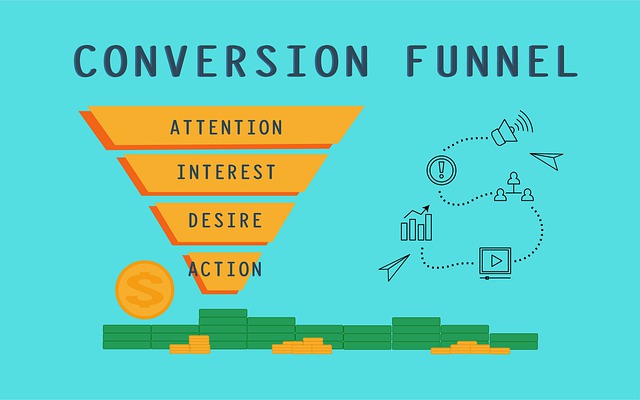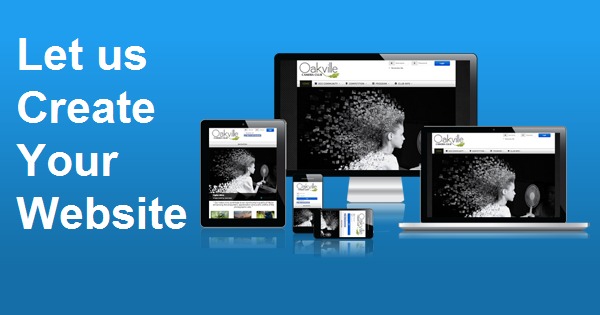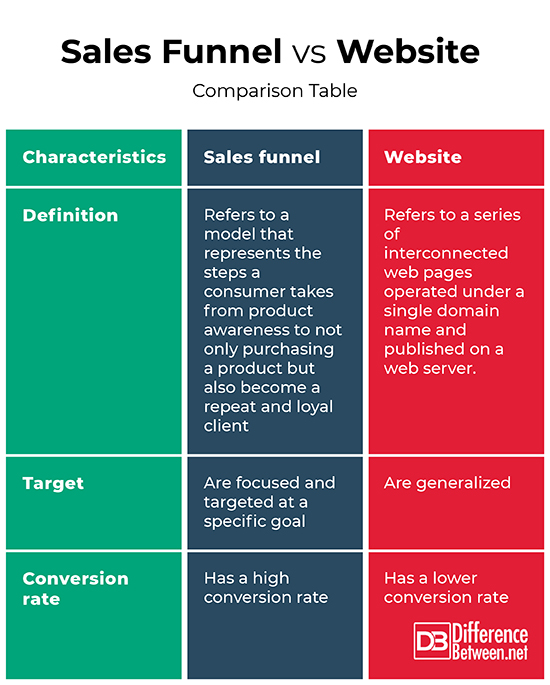Difference Between Sales Funnel and Website
It is no doubt that digital marketing has overtaken traditional marketing methods. While there are many digital marketing channels, businesses may opt to use one or more channels based on the target market, budget and business model. Websites have especially become popular, with their ability to showcase products and services globally. Despite this, some businesses may still choose to employ other methods, such as the sales funnel. In this article, we will look at the differences between a sales funnel and a website.

What is a Sales funnel?
This is a model that represents the steps a consumer takes from product awareness to not only purchasing a product but also become a repeat and loyal client.
To achieve this, thoughtful stages are applied to fix leaks which may lead to loss of clients.
The stages of a funnel include;
- Awareness stage – Here, a potential consumer comes across a service or product or interest. Businesses should provide resourceful and informative information regarding the products or services of interest.
- Consideration stage- As the potential customer is researching what a brand is offering, the best that companies can do is show the consumer why they have the best services or products.
- Conversion stage- Seeing that the consumer has chosen a specific service or product, brands should ensure they provide the best a delightful conversion experience.
- Loyalty stage- To retain customers, brands should offer incentives such as discounts on repeat sales, after-sale services just to name a few.
Importance of a sales funnel
- Help businesses generate more leads
- Businesses automate their process
- Helps identify leaks in the marketing methods
- Increase in sales

Website
This is a series of interconnected web pages operated under a single domain name and published on a web server. Accessible via the internet, it consists of images, web pages, videos as well as other digital assets.
Although websites can hold various niches, most are dedicated to a particular purpose such as education, news, commerce, social networking and governance, just to name a few. As such, they can be used to showcase the work of an individual, government and even an organization.
Websites are a great method of marketing products and services as visitors can browse through the site, read blog posts and even check up reviews.
Types of website traffic include;
- Inbound traffic
These are people who are directed to a site through a search engine. Potential consumers search for specific keywords that direct them to the website.
- Outbound traffic
These are web visitors through other advertisement platforms such as social media. Pay per click is a popular advertisement method whereby ads target potential customers who are then converted into paying customers hence justifying the cost of an ad.
It is no doubt websites are an essential part of businesses today, especially those that wish to maintain an online presence. Their importance includes;
- Bringing traffic to a business page which may translate to a sale
- It establishes a reference point where people can go back and refer to information
Similarities between Sales funnel and Website
- Both are important tools in marketing
Differences between Sales funnel and Website
Definition
A sales funnel refers to a model that represents the steps a consumer takes from product awareness to not only purchasing a product but also become a repeat and loyal client. On the other hand, a website refers to a series of interconnected web pages operated under a single domain name and published on a web server.
Target
While a sales funnels are focused and targeted at a specific goal, websites are generalized.
Conversion rate
While the conversion rate of a sales funnel is high, the conversion rate is of a website is low.
Sales funnel vs. Website: Comparison Table

Summary of Sales funnel vs. Website
A sales funnel refers to a model that represents the steps a consumer takes from product awareness to not only purchasing a product but also become a repeat and loyal client. On the other hand, a website refers to a series of interconnected web pages operated under a single domain name and published on a web server. The importance of sales funnel in a business cannot be underestimated. However, businesses should use the two as each have different benefits.
- Difference Between Profit Center and Investment Center - July 2, 2022
- Difference Between Anti-Trust and Anti-Competition - June 6, 2022
- Difference Between Stocktaking and Stock Control - June 6, 2022
Search DifferenceBetween.net :
Leave a Response
References :
[0]Doyle Buehler. #Breakthrough: Unleash Your Remarkable Brand Value, Influence And Authority. Dept.Digital, 2018. https://books.google.co.ke/books?id=GBhADwAAQBAJ&pg=PA138&dq=Difference+between+sales+funnel+and+website&hl=en&sa=X&ved=2ahUKEwjDqIyhw5HsAhWFy4UKHeX8A94Q6AEwAHoECAQQAg#v=onepage&q=Difference%20between%20sales%20funnel%20and%20website&f=false
[1]Jed Wylie. Make Your Website Sell: The Ultimate Guide to Increasing Your Online Profits. Marshall Cavendish, 2012. https://books.google.co.ke/books?id=mdmIAAAAQBAJ&pg=PA229&dq=Difference+between+sales+funnel+and+website&hl=en&sa=X&ved=2ahUKEwjDqIyhw5HsAhWFy4UKHeX8A94Q6AEwAnoECAIQAg#v=onepage&q=Difference%20between%20sales%20funnel%20and%20website&f=false
[2]Alan Charlesworth. Digital Marketing: A Practical Approach. Routledge Publishers, 2014. https://books.google.co.ke/books?id=whQWBAAAQBAJ&pg=PA102&dq=Difference+between+sales+funnel+and+website&hl=en&sa=X&ved=2ahUKEwjDqIyhw5HsAhWFy4UKHeX8A94Q6AEwBHoECAUQAg#v=onepage&q=Difference%20between%20sales%20funnel%20and%20website&f=false
[3]Image credit: https://pixabay.com/da/illustrations/konverteringskanal-salgsprocessen-5444126/
[4]Image credit: https://commons.m.wikimedia.org/wiki/File:How_to_Create_a_Website_for_Your_Business.jpg
